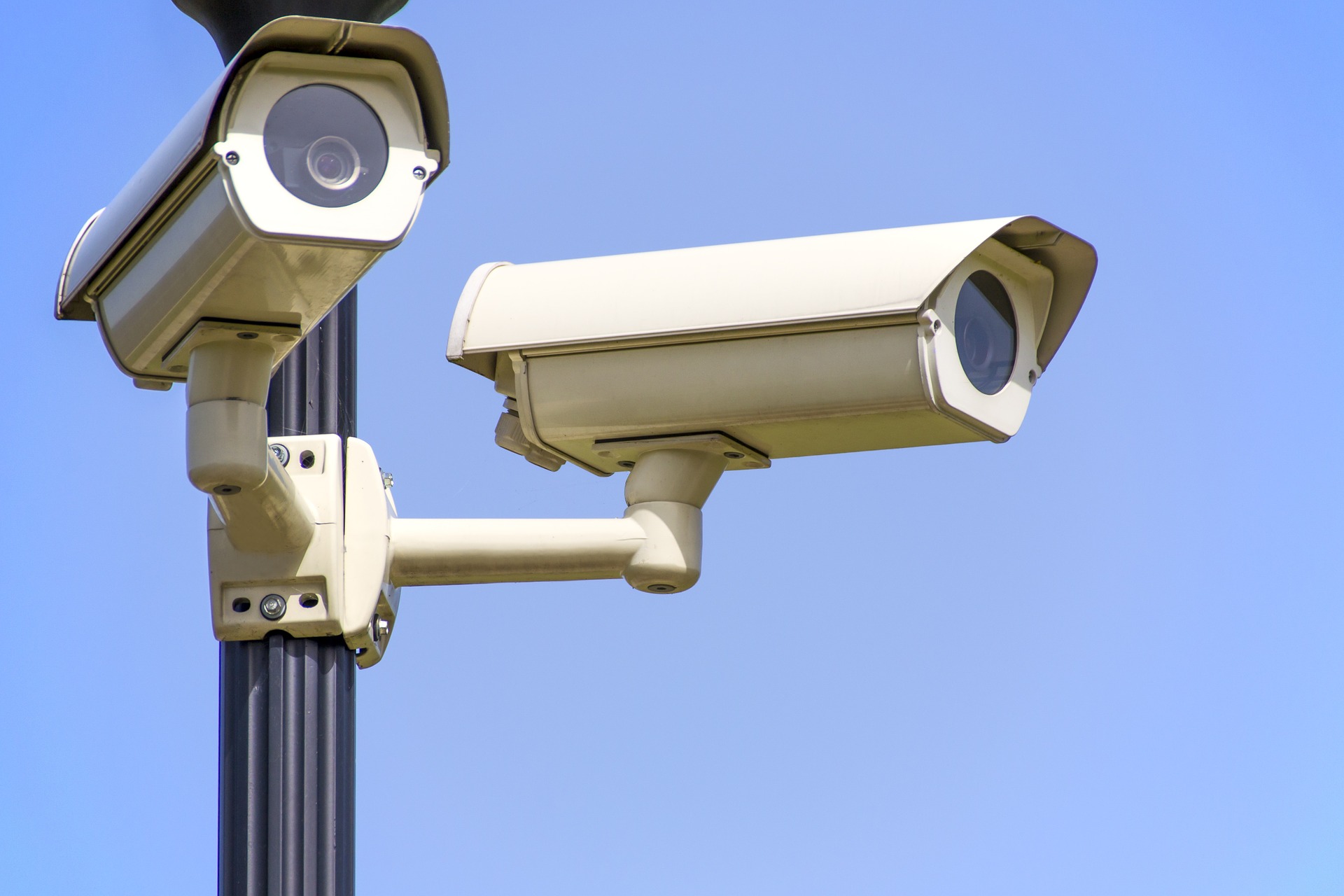Over the last two years, society has learned the meaning of the term essential business services. Those businesses have also gathered significant experience, fighting to stay open while challenged with extreme circumstances. While the pandemic will one day be in our rearview mirror, any essential business should be better prepared for any future emergency – whether related to health, weather, or any other factors. Many essential businesses were surprised at the level of challenge they encountered with IT networks and security, especially as many partners and employees worked from unfamiliar, remote environments.

Those organizations that fall under the essential business services umbrella may wish to consider partnering with a managed services or outsourcing firm to shore up their network security and maintain optimum uptime.
Definition: Essential business services are those that the federal, state or local Government deems as vital to the functioning of the society in an emergency. While essential businesses will vary depending on the situation, typically, hospitals, first responders, grocery stores, gas stations, and utilities will be included in the list.
3 Technologies Essential Business Services Should Consider
Essential businesses should look at these technologies to protect their employees, customers, data, and networks.
- Interactive Monitoring Systems: Interactive video systems proactively address safety and security concerns for employees and clients. These systems provide live video and two-way audio – and have proven exceptionally helpful for businesses that have lost employees. Live video feeds solve critical issues if essential business services are understaffed or cannot afford staffed security. The security team can see, hear and interact with employees, even if they are remote. It sets customers’ minds at ease, deters potential shoplifters or threat actors, and assures employees that they are being protected.
- Artificial Intelligence (AI): Artificial intelligence is an intriguing emerging technology, and many companies are wondering how they can leverage it to make their business more efficient. Facial recognition technology is one aspect of AI that is garnering excitement, as it can be used along with video monitoring to protect your physical premises. However, an individual’s right to privacy is a real concern, and it remains to be seen just how this technology can be used.
- 4G/5G/Wireless WAN: IT professionals are tasked with providing enough bandwidth to run applications on their networks efficiently, and terrestrial broadband connections are often not the answer. 4G LTE is a technology that works very well as a fixed location broadband service. Metered 4G, however, can become very expensive very quickly, so combining 4G with cable or high-speed DSL may be a great solution. While 5G is currently being deployed, the service does not yet offer fixed location broadband solutions. While 5G may not be ready yet, it should only be a matter of months before it becomes a great option. Pop-up networks are a unique new solution on the horizon for remote workers or those in the field. Providers are working towards more secure and intuitive connectivity that can be remotely managed.
How Managed Services Can Help
It can be daunting to implement new technologies and communications networks, especially when the challenges of an adverse situation are threatening. Managed services providers can help to assess your current situation, identify the most promising potential solutions, and help you to implement those solutions. Because managed services companies have the latest in technology and offer economies of scale, they allow businesses to take advantage of cutting-edge technologies without guessing or investing in onsite equipment.
Call today to learn more about Alliance IT can help your company rise to the technological challenges of our current world.
